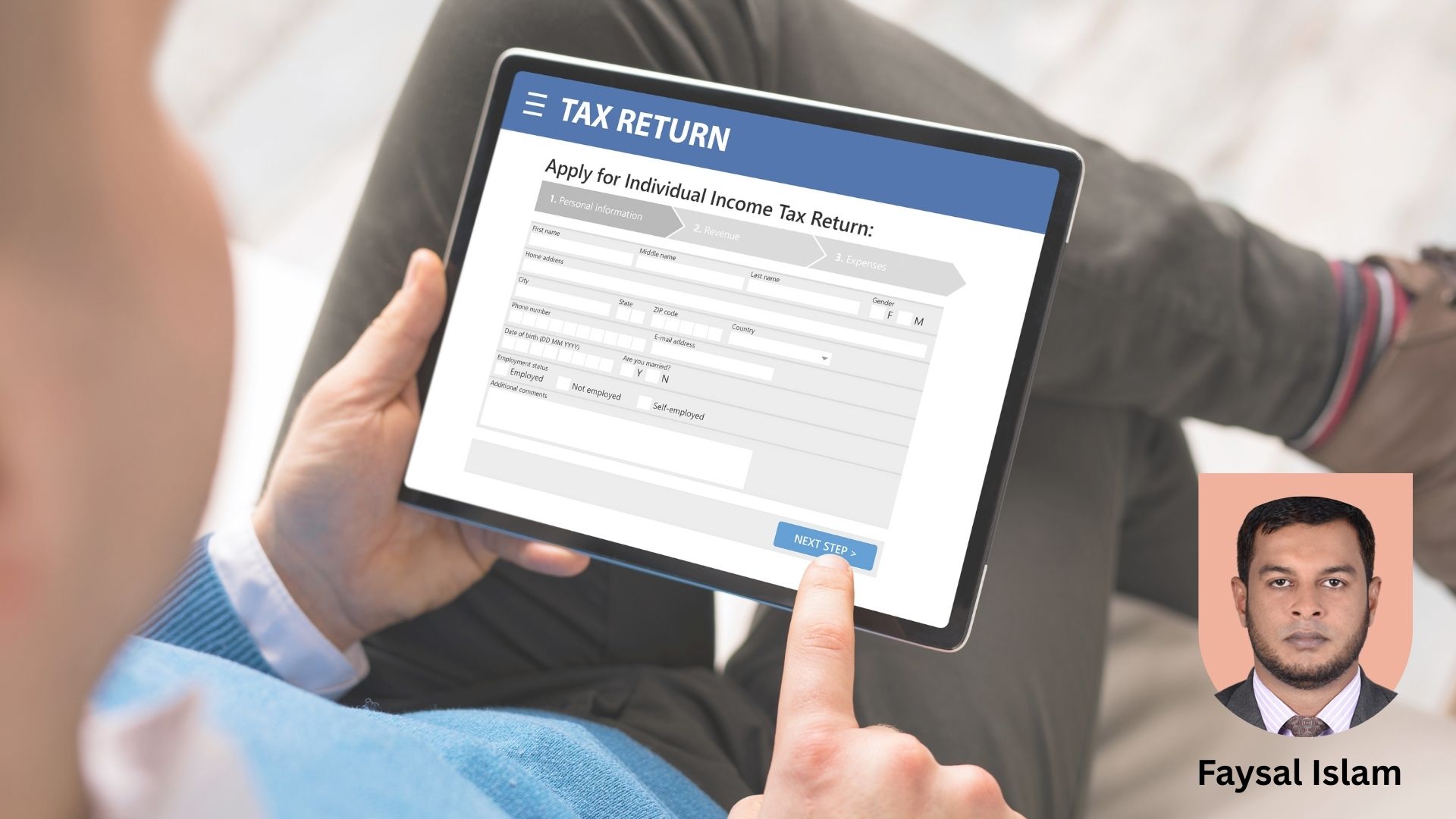Tax season tips: Here is how you can claim tax rebates

Under the Income Tax Act 2023, individual taxpayers can reduce their tax liabilities through government-approved rebates designed to encourage savings, investment, and social contributions. Yet, a large number of taxpayers miss out on these benefits every year due to limited public awareness about how the rebate mechanism works.
A tax rebate allows a taxpayer to lower the amount of tax payable by investing or spending part of their income in specific areas approved by the government. These include life insurance, pension schemes, provident funds, and donations to registered welfare organisations.
In other words, rebates are not loopholes but legitimate incentives meant to reward responsible financial behaviour. The system is structured to promote personal savings and channel funds into sectors that contribute to national development.
Eligible investment amount
Resident and non-resident Bangladeshis are entitled to rebates for eligible investments or expenditures in any of the 14 areas listed in the Income Tax Act 2023.
The amount of rebate is the smallest among the following: 3 percent of total income (A), 15 percent of the invested amount (B), or Tk 10 lakh. Here, "A" refers to total income after excluding tax-free income, income taxed at a reduced rate, income from partnership firms, and income already subjected to final taxation. "B" represents the total investment made in approved areas during the year.
The Finance Ordinance 2025 expanded the definition of "A" by including income subject to minimum tax, making more taxpayers eligible for higher rebates. However, income from partnership firms and final-tax income remains excluded.
Areas that qualify for rebates
The government has broadened the list of rebate-eligible areas to encourage citizens to save, invest, and support social welfare initiatives. Rebates can be claimed for life insurance and deferred annuity policies, provident and superannuation funds, approved pension schemes, government securities, and mutual funds.
The benefit also covers deposits in Deposit Pension Schemes (DPS) or Monthly Savings Schemes (MSS) and new investments in listed shares, exchange-traded funds (ETFs), and unit funds managed by banks or the Investment Corporation of Bangladesh (ICB).
Taxpayers may claim rebates for life insurance or deferred annuity policies taken in their own name, their spouse's name, or their minor child's name, limited to 10 percent of the insured amount. In the case of a Hindu Undivided Family, a rebate applies if the premium is paid in Bangladesh for a policy in the name of any male member or his wife.
Employees whose salary includes deferred annuity or family protection components can claim a rebate of up to 20 percent of their annual salary. Contributions to provident funds, future funds, and approved pension funds also qualify within prescribed limits.
Investments in government securities and mutual funds up to Tk 5 lakh are eligible for rebates. Deposits in bank-run DPS or MSS accounts qualify for rebates up to Tk 1.2 lakh. The same applies to new investments in listed securities.
The rebate system also covers donations made to approved charitable hospitals operating outside major cities, registered organisations working for people with disabilities, educational and welfare institutions, Zakat funds, board-approved welfare schemes, and national institutions established in memory of the Liberation War.



 For all latest news, follow The Daily Star's Google News channel.
For all latest news, follow The Daily Star's Google News channel. 

Comments